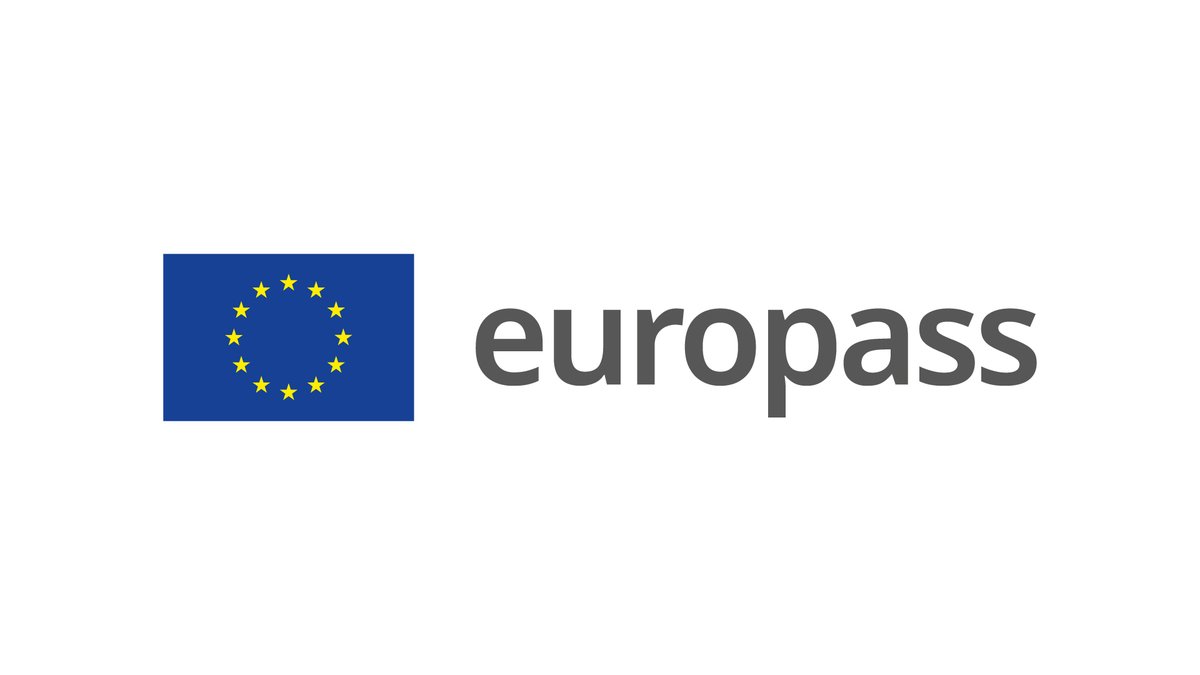The European Commission launched the new Europass platform on 1 July 2020. The official launch in France took place on 30 September (see Agenda) and will be followed by public events to introduce the new Europass during #ErasmusDays on 15, 16 and 17 October 2020 (www.erasmusdays.eu).
Mikael Charbit, Director of Professional Qualifications at France compétences, took part in this launch event, where he presented an innovative aspect of the organisation of professional qualifications in France: “blocks of competencies”.
France compétences is an active partner of this system at a national level, particularly regarding the issue of professional qualifications. For instance, data from the RNCP [French National Directory of Professional Qualifications] will be made available on the Europass platform, providing users with access to regularly updated information.
What is Europass ?
Europass includes a series of tools and information for learners, workers and job-seekers in the European Union. It aims to help citizens present their skills and qualifications in a clear and logical way (particularly to employers) and to promote geographic and professional mobility. Users can develop their online professional profile containing training, professional experience and associated skills. It can be used to store diplomas, certificates, recommendation letters and official documents.
This new platform is intended to be secure, accessible, user-friendly and interoperable for any organisation that wants to exchange data with Europass, while fully respecting data confidentiality. It is free and available in 29 languages and 35 countries.
In liaison with the EURES (European cooperation network of employment services) website, Europass suggests Europe-wide job offers and training. It can help prepare CVs by selecting relevant experiences and skills according to the position sought. Information about employment in Europe is also planned on a country-by-country basis.
In France, Europass is supported by the Labour Ministry, the Ministry of National Education and Youth, France Education International, France compétences, the National Office for ONISEP [National Office of Information on Education and Professions], as well as the PACA region’s training coordination, resources and information centre.










